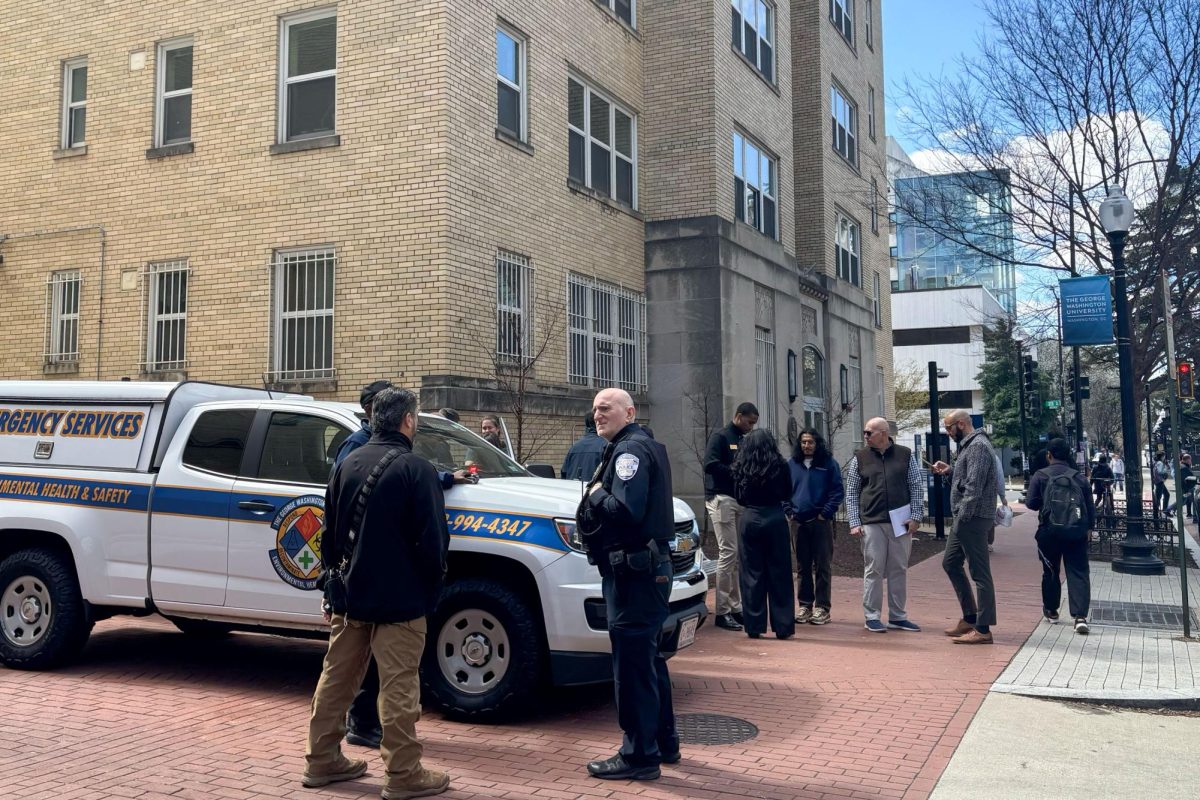Three delegates from the United Nations High Commission for Refugees spoke on campus Monday about refugee awareness in the modern world.
The panel discussion focused primarily on how UNHCR works to help refugees displaced by war or political unrest to rebuild their lives.
“A refugee is anyone who has been forced to flee their country because of racial or political persecution,” said Hugo Alfaro, a legal aide for UNHCR and 1998 GW graduate who sponsored the discussion with GW’s Latinos for Progress.
Alfaro said 22 million refugees are in the world today.
Paz Cohen, the senior public information officer for UNHCR, said the commission was started in 1951 by the United Nations General Assembly. The initial primary function of UNHCR was to help displaced refugees after World War II.
As an example of UNHCR in action, Cohen said recent events in Latin America have caused many civilians to flee their homes. The commission helped millions of refugees who recently have returned to their home countries after years of political upheaval.
“UNHCR continues to exist because of a lack of respect for human rights,” said Bemma Donkoh, deputy regional representative for UNHCR.
With the responsibility to protect and assist refugees in transition and to promote the fair treatment of refugees worldwide, UNHCR’s job is not easy, she said.
Donkoh also said the UNHCR faces many challenges in its mission to protect refugees. Legally, the UNHCR cannot cross into countries uninvited and help refugees. The restriction eliminates the possibility that relief workers can help any of the 50 million “internally displaced persons” and people left without a home or job but remain in their home country, she said.
Dawn Calabia, senior external relations officer for UNHCR, said although working for a human rights organization is difficult, it also is rewarding.
“In the last decade, 10 million people have gone home,” she said.
UNHCR representatives said their organization’s staff of about 5,200 people is responsible for working with more than 22 million displaced refugees. The organization operates on a yearly budget of more than $1 billion, approximately 25 percent of which is contributed by the United States. The remaining funds are contributed voluntarily by other nations as well as nonprofit human rights organizations.






